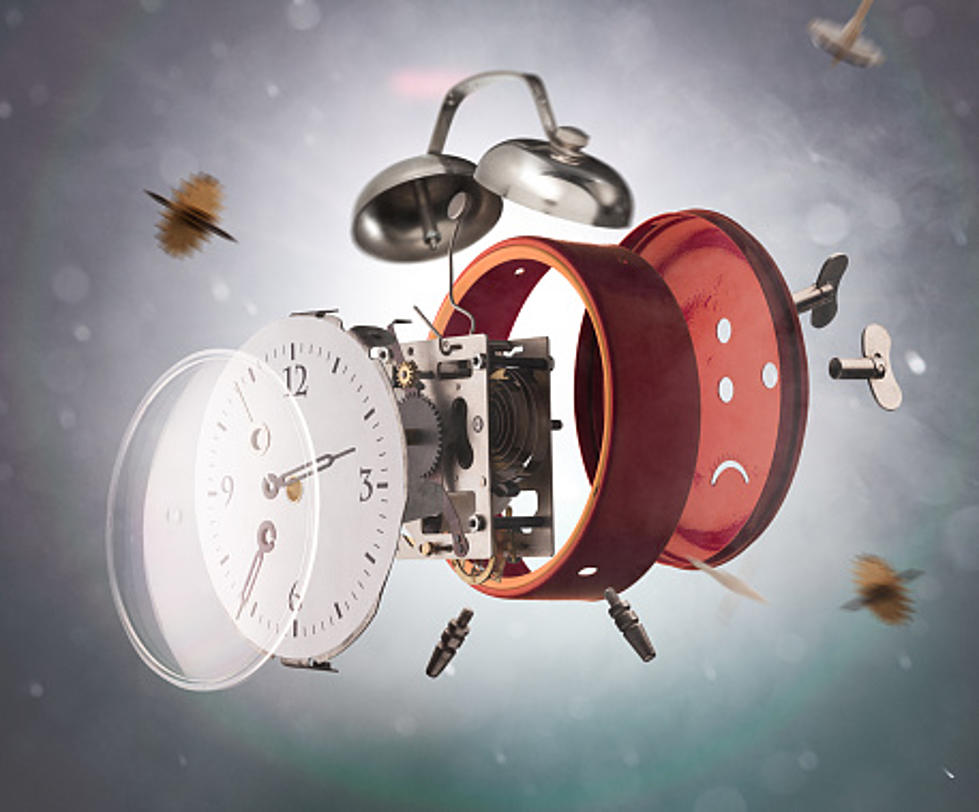
What Would Happen If Illinois Stopped Clock Changing 2X Per Year?
I guess one thing would be certain if we stopped changing our clocks twice a year here in Illinois: We'd have one (or two, if you count two clock changes) less thing to complain about in this state. A move like that will cut our list of complaints down to things like:
- Corruption
- High taxes on property, gas, income, etc.
- Outbound migration
- Crime
- Bad roads and bridges
- Billionaires asking the public to pay for their new stadium
There are more Illinois-centric complaints that I could add to the list, but that would take up all the space I have, and this was supposed to be about what would happen if we stopped changing our clocks twice a year. Sorry, I got sidetracked.
To Properly Answer The Question Of What Would Happen If Illinois Stopped Changing Our Clocks, We Have To Look At Some Numbers
When we spring forward on March 10th, the first thing you'll notice is that the sun will be rising later than it is right now. On March 9th, sunrise will be at 6:12am. On March 10th, the day we move clocks forward, sunrise will be at 7:10am.
On March 9th, sunset is 5:51pm, on March 10th it will be 6:52pm. As the spring turns to summer, we'll see sunrises as early as 5:15am, and sunsets as late as 8:30pm. That's what our daylight periods would look like year round if we adopted permanent Daylight Saving Time (DST).
If we stayed on DST year round here in Illinois, wintertime sunrises would come after 8am, but the sun would never set before 5pm.
If Illinois Stopped Changing Clocks And Stuck With Permanent Standard Time...
In Illinois during the summer, we'd be looking at sunrises as early as 4:15am, and the latest sunset time coming in at 7:30pm.
Here's the thing. Most everyone really likes a late sunset, but that's really the only thing permanent DST would provide that's worthwhile.
You don't have to take my word for it, here's what the American Medical Association has to say about clock changing, and whether DST or Standard time is the best choice:
In a position statement published in the Journal of Clinical Sleep Medicine, the American Academy of Sleep Medicine (AASM) is unequivocal in advocating elimination of daylight saving time, the practice of setting clocks ahead one hour between mid-March and early November.
“The U.S. should eliminate seasonal time changes in favor of a national, fixed, year-round time,” says the position statement, adding that “current evidence best supports the adoption of year-round standard time, which aligns best with human circadian biology and provides distinct benefits for public health and safety.”
More From WROK 1440 AM / 96.1 FM









